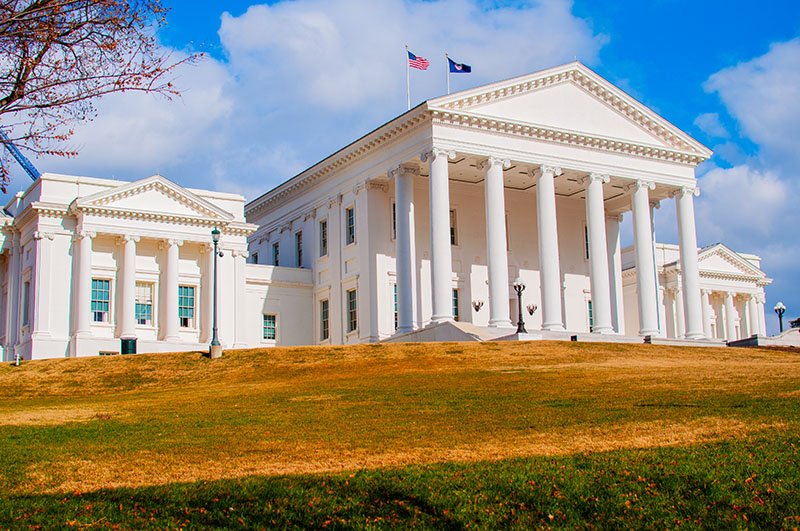Federal judge finds Louisiana same-sex marriage ban constitutional

A federal judge upheld Louisiana’s ban on same-sex marriage Wednesday, breaking a string of legal victories for marriage equality in the year since the U.S. Supreme Court first addressed the issue.
U.S. District Court Judge Martin Feldman found Louisiana law prohibiting same-sex marriage and recognition of same-sex marriages performed in other jurisdictions as constitutional. The ruling marks the first federal court decision since the U.S Supreme Court struck down Section 3 of the federal Defense of Marriage Act in June 2013 to uphold a state ban on same-sex marriage.
According to the ruling, Louisiana has a “legitimate interest” for addressing the meaning of marriage through the democratic process.
“This Court is persuaded that Louisiana has a legitimate interest…whether obsolete in the opinion of some, or not, in the opinion of others…in linking children to an intact family formed by their two biological parents, as specifically underscored by Justice Kennedy in Windsor,” writes Feldman, who was nominated to the federal bench by President Ronald Reagan in 1983.
Feldman continues, “The public contradictions and heated disputes among the community of social scientists, clergy, politicians, and thinkers about what is marriage confirms and clearly sends the message that the state has a legitimate interest, a rational basis, in addressing the meaning of marriage.”
Moreover, Feldman writes that the national debate over same-sex marriage “animates a clash between convictions regarding the value of state decisions reached by way of the democratic process as contrasted with personal, genuine, and sincere lifestyle choices recognition.”
Feldman also wrote “inconvenient questions persist,” warning of a slippery slope should same-sex couples be allowed to marry. “For example, must the states permit or recognize a marriage between an aunt and niece? Aunt and nephew? Brother/brother? Father and child? May minors marry? Must marriage be limited to only two people? What about a transgender spouse? Is such a union same-gender or male-female? All such unions would undeniably be equally committed to love and caring for one another, just like the plaintiffs.”
Since last year’s ruling in Windsor, federal courts have overturned same-sex marriage bans in Utah, Ohio, Oklahoma, Kentucky, Idaho, Illinois, Indiana, Michigan, Pennsylvania, Tennessee, Texas, Virginia, Oregon, Wisconsin, Indiana, Colorado and Florida. Federal appeals courts have upheld such rulings in Utah, Oklahoma and Virginia. The Supreme Court has been asked to hear all three of those decisions.
“It would no doubt be celebrated to be in the company of the near-unanimity of the many other federal courts that have spoken to this pressing issue, if this Court were confident in the belief that those cases provide a correct guide,” Feldman writes. “Clearly, many other courts will have an opportunity to take up the issue of same-sex marriage; courts of appeals and, at some point, the U.S. Supreme Court. The decision of this Court is but one studied decision among many.”
Support Metro Weekly’s Journalism
These are challenging times for news organizations. And yet it’s crucial we stay active and provide vital resources and information to both our local readers and the world. So won’t you please take a moment and consider supporting Metro Weekly with a membership? For as little as $5 a month, you can help ensure Metro Weekly magazine and MetroWeekly.com remain free, viable resources as we provide the best, most diverse, culturally-resonant LGBTQ coverage in both the D.C. region and around the world. Memberships come with exclusive perks and discounts, your own personal digital delivery of each week’s magazine (and an archive), access to our Member's Lounge when it launches this fall, and exclusive members-only items like Metro Weekly Membership Mugs and Tote Bags! Check out all our membership levels here and please join us today!
























You must be logged in to post a comment.